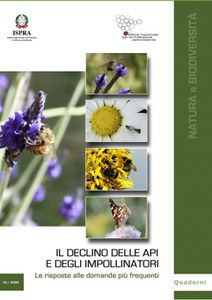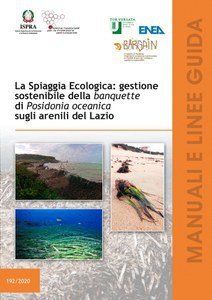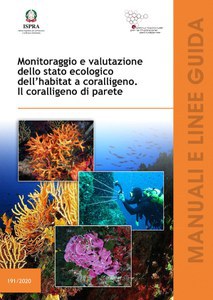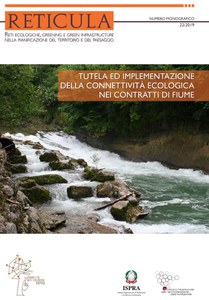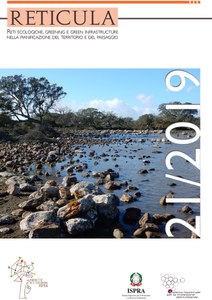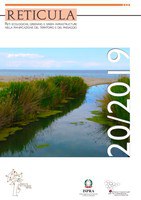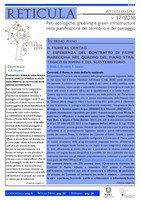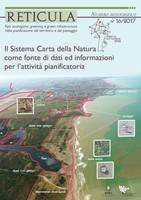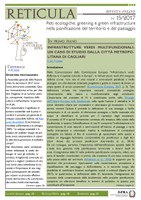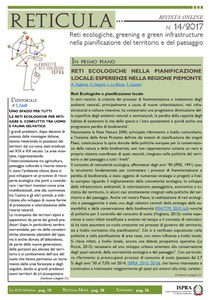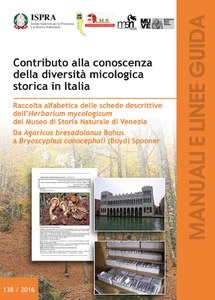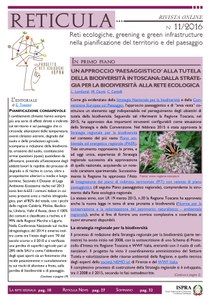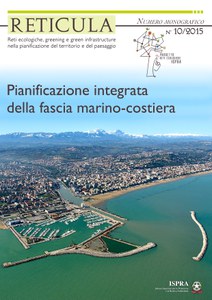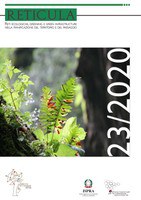Publications
The decline of bees and pollinators. The answers to the most frequently asked questions
Almost 90% of the wild flowering plants and over 75% of the main agricultural crops require animal pollination for production, yield and quality of the produces. They are essential for human and (wild and domesticated) animal nutrition, but also for the production of fibers, building materials and biomass for energy, and support for the conservation of biological diversity, which represents the basis of our existence and our economies.
The Ecological Beach: sustainable management of the Posidonia banquette along the Lazio shorelines
Every year seagrass wrack (from Posidonia oceanica) is deposited along the coasts of the Mediterranean Sea. The use of beaches for tourism purposes currently involves the removal of these deposits, which are negatively considered by stakeholders.
Monitoring and assessment of the ecological status of coralligenous habitat. The coralligenous cliff
Reticula n. 22/2019 Monographic Number
Protection and implementation of ecological connectivity in River Contracts
Reticula n.21/2019
Reticula n.20/2019
Reticula n.17/2018
Reticula n. 16/2017 - monographic number
The Carta della Natura system as source of data and information for planning activities

